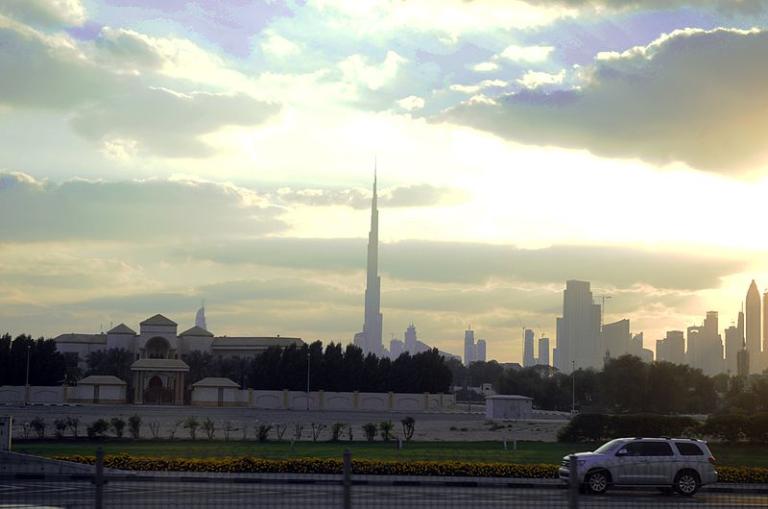
“United Arab Emirates leaders welcome Latter-day Saint temple in series of tweets”
***
Most books really don’t change the way I think about things. Most non-fiction books simply give me some new facts or understandings that fit fairly well with what I already think. Some, though, redirect my reflections in a fundamental way. One that did that for me was Graham E. Fuller, A World Without Islam (New York, Boston, and London: Little, Brown and Company, 2010). Upon first hearing about the book’s thesis, I thought it mad. Having read it, though, I was largely convinced. In fact, I thought of areas where I myself might even have been able to slightly strengthen Fuller’s argument.
And let me say that, while Fuller holds B.A. and M.A. degrees from Harvard University in Russian and Middle Eastern Studies, he’s no mere mushy-headed, starry-eyed, ivory tower intellectual. After serving in the United States Foreign Service in Europe, Asia, and the Middle East, he spent two decades as a CIA operations officer with assignments in Germany, Turkey, Lebanon, Saudi Arabia, North Yemen, and Hong Kong, as well as a stint as CIA station chief in Kabul, Afghanistan. After a period as the CIA’s National Intelligence Officer for the Near East and South Asia, he became vice chairman of the Agency’s National Intelligence Council.
Over the next while, I’m going to be sharing notes from my reading of A World Without Islam:
If there had never been an Islam, if a Prophet Muhammad had never emerged from the deserts of Arabia, if there had been no saga of the spread of Islam across vast parts of the Middle East, Asia, and Africa, wouldn’t the relationship between the West and the Middle East today be entirely different? No, I argue, it might actually be quite similar to what we see today. (4)
[I]n terms of East-West relations, I argue that it [Islam] has primarily served as flag or banner for other, deeper kinds of rivalries and confrontations taking place. (5, italics removed)
In the end, I hope to persuade the reader that the present crisis of East-West relations, or between the West and “Islam,” has really very little to do with religion and everything to do with political and cultural frictions, interests, rivalries, and clashes. (16)
[T]he real issue is not the danger of religion per se, but of dogmatic thinking. The true horrors of the twentieth century have almost nothing to do with religions: two world wars, Franco, Mussolini, Hitler, Lenin, Stalin, Mao, Pol Pot, Rwanda — the deaths of hundreds of millions of people, all involving secular, even atheist regimes that seized upon dogmatic ideas and brutally implemented them at all cost. (17)











